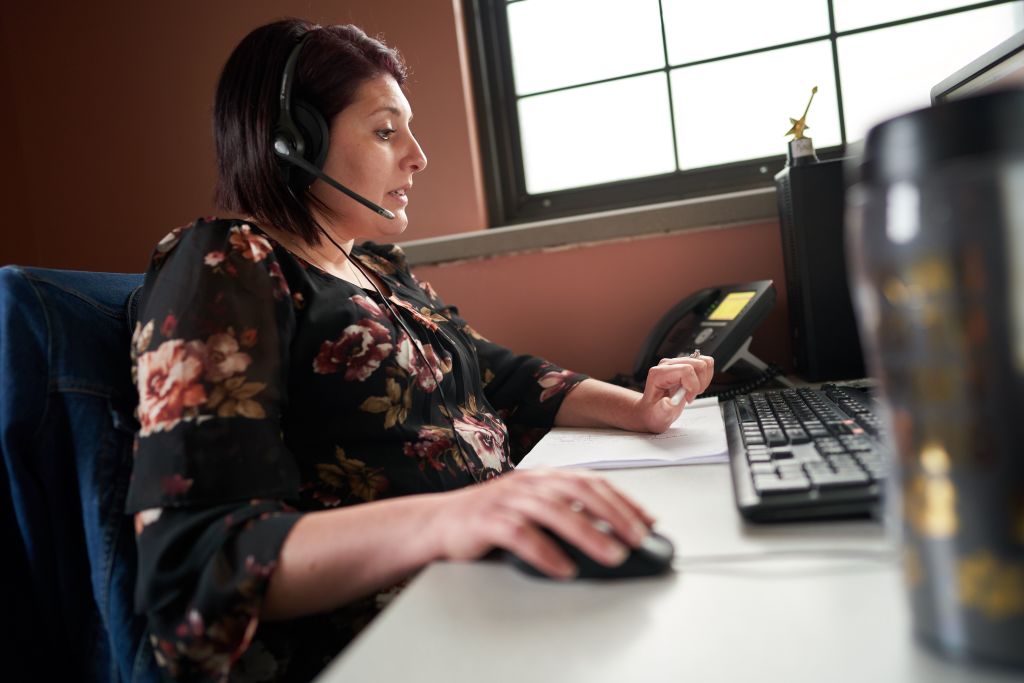Crisis counselors are facing an overwhelming surge in calls — and struggling with mental health themselves


A free daily email with the biggest news stories of the day – and the best features from TheWeek.com
You are now subscribed
Your newsletter sign-up was successful
Health care workers have become the face of the coronavirus fight, donning face protectors to deal with overflowing emergency rooms.
But another kind of health care worker is dealing with a quieter crisis amid the COVID-19 pandemic. They're on the end of phone lines, answering a skyrocketing number of calls from people with mental health concerns, and are struggling to separate work from home, Stat News reports.
Lauren Ochs works as a crisis call worker in St. Louis, Missouri, usually operating out of an office and able to talk with colleagues after a particularly tough call and "decompress on the drive home," she tells Stat News. But now Ochs is working from her daughter's basement playroom. "There's no transition. After taking 30 or 35 calls in a shift, I step over my daughter's Frozen Jenga game and go upstairs to the kitchen for a bowl of cereal," she says.
The Week
Escape your echo chamber. Get the facts behind the news, plus analysis from multiple perspectives.

Sign up for The Week's Free Newsletters
From our morning news briefing to a weekly Good News Newsletter, get the best of The Week delivered directly to your inbox.
From our morning news briefing to a weekly Good News Newsletter, get the best of The Week delivered directly to your inbox.
The St. Louis call center saw a bump from 557 calls in February to 2,150 in March, a 285 percent increase. A third of those callers reported COVID-19 as a reason they were calling in April — they're worried about jobs, going to the store, or substance use, or dealing with the loss of a loved one from the virus, Stat News reports. The workers answering crisis calls often share those feelings, and while it can help them to be "empathetic," "it's a lot all at once, and this pandemic is sucking a lot of energy out of us," Ochs says. Read more at Stat News.
A free daily email with the biggest news stories of the day – and the best features from TheWeek.com
Kathryn is a graduate of Syracuse University, with degrees in magazine journalism and information technology, along with hours to earn another degree after working at SU's independent paper The Daily Orange. She's currently recovering from a horse addiction while living in New York City, and likes to share her extremely dry sense of humor on Twitter.
